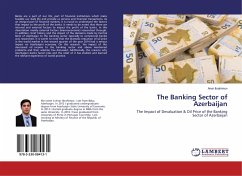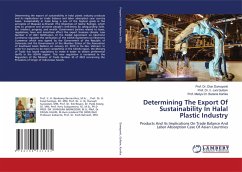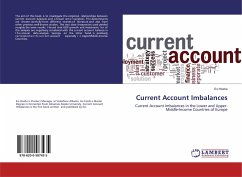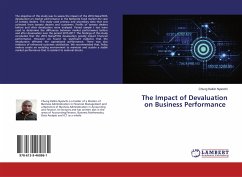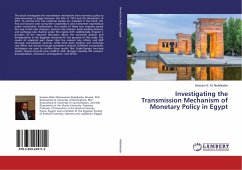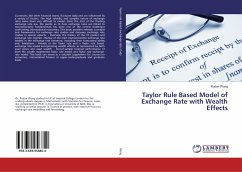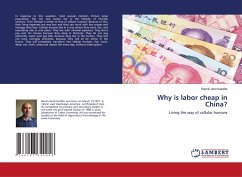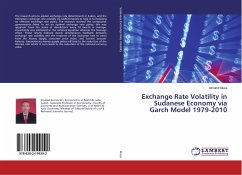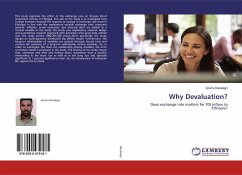
Why Devaluation?
Does exchange rate matters for FDI inflow to Ethiopia?
Versandkostenfrei!
Versandfertig in 6-10 Tagen
36,99 €
inkl. MwSt.

PAYBACK Punkte
18 °P sammeln!
This study examines the effect of the exchange rate on foreign direct investment inflows in Ethiopia. The aim of the study is to investigate how foreign investors through FDI respond to change in exchange rate levels in Ethiopia. In line with the explanatory variable exchange rate; economic growth, inflation, trade openness, and external debt are added as a control variable in the study. The study uses explanatory research design and quantitative research approach with secondary time series data utilized over the study period 1992-2017(26 years). More specifically, the study adopts an autoregr...
This study examines the effect of the exchange rate on foreign direct investment inflows in Ethiopia. The aim of the study is to investigate how foreign investors through FDI respond to change in exchange rate levels in Ethiopia. In line with the explanatory variable exchange rate; economic growth, inflation, trade openness, and external debt are added as a control variable in the study. The study uses explanatory research design and quantitative research approach with secondary time series data utilized over the study period 1992-2017(26 years). More specifically, the study adopts an autoregressive distributed lag (ARDL) model. Furthermore, the long-run relationships of variables are quizzes through bound tests and confirm the existence of a long-run relationship among variables. So, in order to investigate the short-run relationship among variables, the error correction model is employed in the study. The finding of the study reveals that; exchange rate level and foreign directinvestment have a positive relationship in the short run as well as in the long run and statically significant at 1 percent significance level. So, the devaluation of Ethiopian Birr against the US dolla



